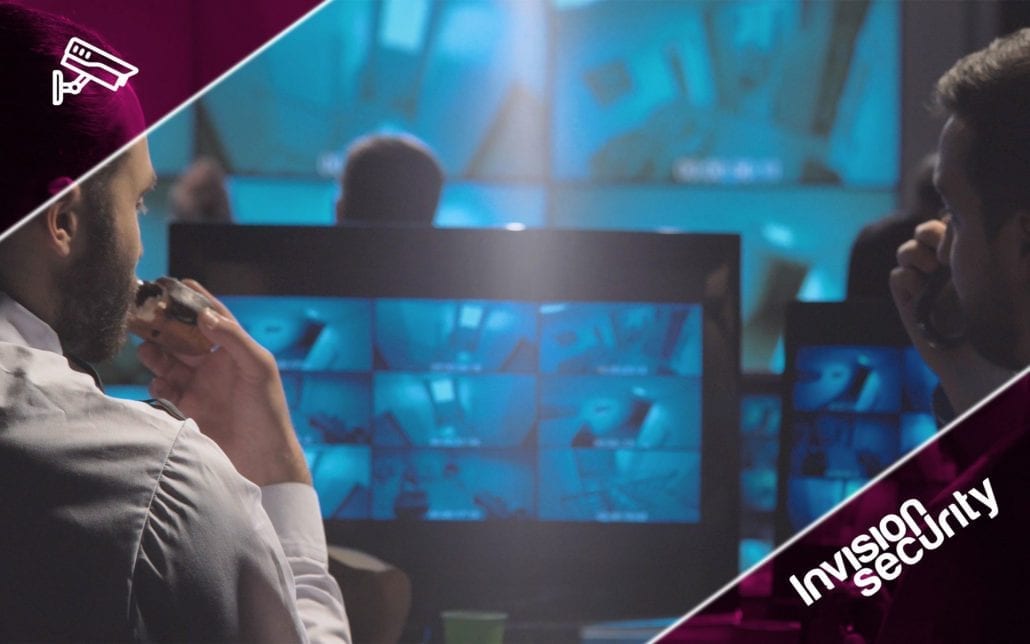Since the 1970’s, video surveillance has been used in numerous businesses. From banks and retail stores to office buildings and warehouses, this type of surveillance has been a strong deterrent against crime. But like most equipment, technology has created surveillance systems that are more efficient than ever. Two of these systems are DVR and Cloud surveillance systems, both of which offer a variety of advantages to businesses. If you are looking to increase your surveillance capabilities, here are 10 ways these systems can use state-of-the-art technology to help your business.
1. Closed Circuit System
If you prefer a surveillance system that is not connected to a network, then a DVR system would work well for you. When using this system, footage can only be accessed through a hard drive on a computer, bypassing the need for an internet connection.
2. Physical Devices
Since some business owners may be wary of high-tech systems, they sometimes prefer surveillance systems that rely on physical devices. This is an advantage of a DVR system, since it processes and stores video signals from a security camera. By doing so, a business owner often has easy and immediate access to surveillance footage.
3. Internet-based Surveillance
For business owners who are used to relying on internet connections and networks for most tasks, a cloud surveillance system may be the best option. Requiring no physical equipment or wires, this technology needs only an internet connection to maintain high-tech surveillance virtually anywhere.
4. Surveillance Footage
To make sure surveillance footage is available when needed, business owners must always have easy access to their files. This largely depends on file conversion, which is slightly different between these systems. With a DVR system, footage converts to a digital file, then is sent via wire to the DVR. With a Cloud system, footage also converts to a file, but is then sent to a storage host through an internet connection.
5. User Login
While DVR systems have their advantages, Cloud-based surveillance systems tend to offer greater versatility in some areas. One of these is being able to view all recorded video, as well as have greater ability to remotely control cameras. But to do so, users must access a specific web page, then have a user ID to log in.
6. Accessibility
With a DVR system, users can only access the footage while they are at the system itself. However, with a Cloud-based system, wireless cameras can be controlled through various mobile devices, including smartphones and tablets.
7. System Safeguards
Since DVR and Cloud surveillance systems vary in their operation, there are different system safeguards as well. Since a DVR system is a closed-circuit system and does not rely on an internet connection, it has little if any chance of being compromised from outside sources. As for Cloud-based systems, various cyber security safeguards must be in place to prevent hacking, malware, viruses, or other situations from occurring.
8. System Limitations
If your business has a DVR surveillance system, you must be prepared for certain problems that may occur with the system from time to time. These can include improper installation, circuits overheating, or a lack of storage capacity for surveillance footage.
9. Cloud-Based System Security
While it’s certainly possible a problem can occur with a Cloud-based surveillance system, having various safeguards in place can greatly reduce the chances of anything happening. To ensure your surveillance system is fully protected, it’s best to make sure all data is encrypted, software is constantly updated, and the system is password-protected, which will allow only authorized personnel access to the surveillance system and its footage.
10. No Need for On-Site Data Storage
As Cloud-based systems have grown in popularity, one of the reasons why is the ability to store all data off-site from the business itself. By doing so, business owners can save themselves the time and expense of having on-site routers and other computer equipment necessary for data storage and security. With a Cloud system, the storage host is responsible for these areas, giving business owners one less thing to worry about.
No matter which of these systems you use for your business, you’re likely to have a system in place that can provide the level of security needed to keep employees and customers safe.
